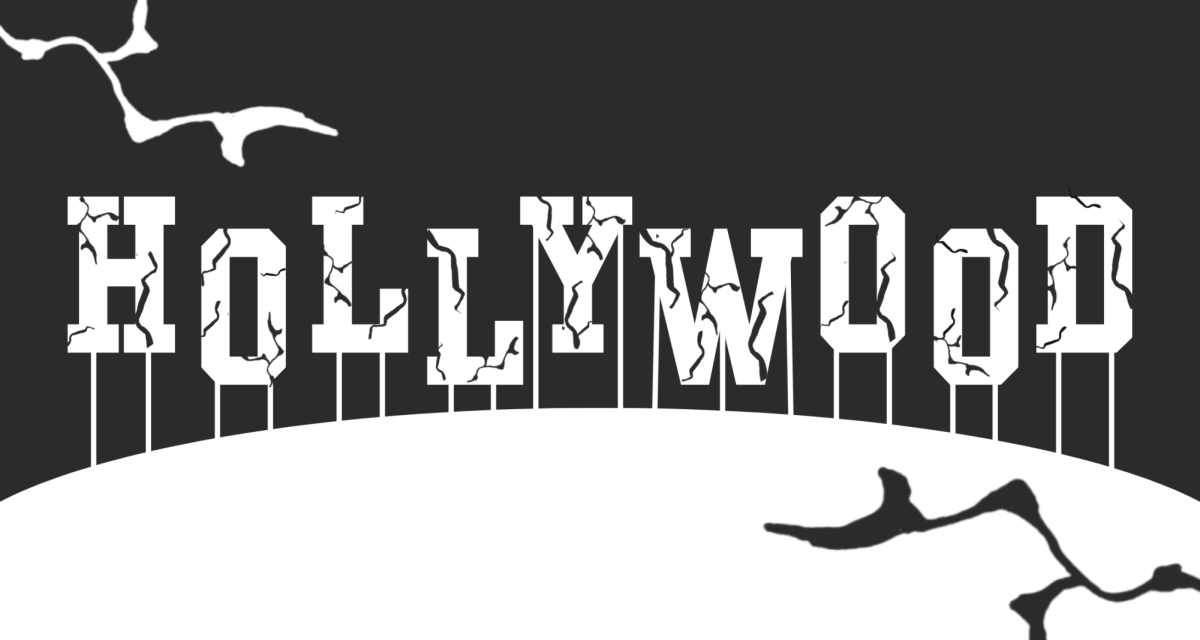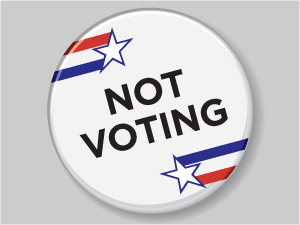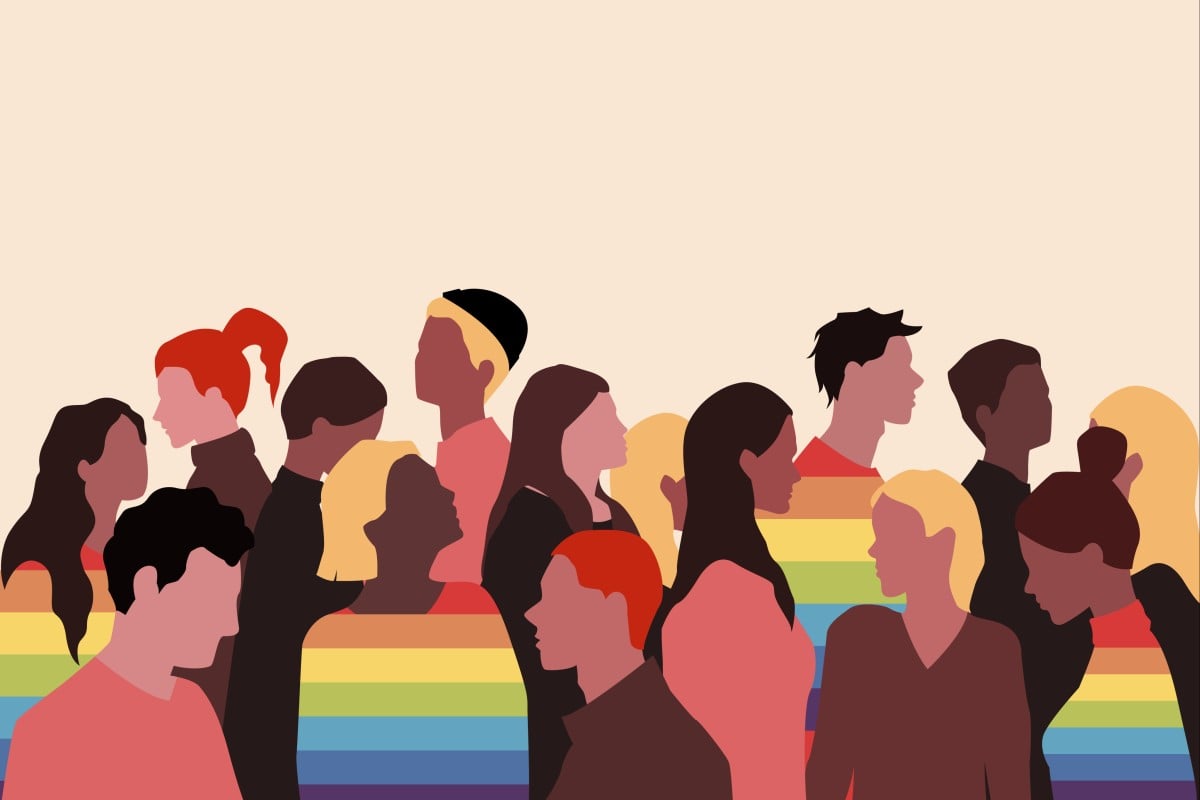While talking about the power of Yik Yak and the funny yaks we’ve read recently, one of our editors talked about a new app called Fade. “What is Fade?” we all asked before one of our editors described the new social media app. Apparently it’s a photo version of Yik Yak.. As we talked about this new app, we collectively looked back at the last several years of social media, and recounted the various platforms that have come and gone.
The big hits: Facebook, MySpace, Instagram and Snapchat have stayed powerful over the last couple of years. The big flops are forgotten almost as quickly as they arrive.
It’s interesting to think about what the big hits and the big flops of social media say about the new, media-crazed world we inhabit. Short attention spans and opportunism fuel new platforms to grow, and then fade.
We thought about why some succeeded and others failed; opportunism seemed to be a common theme. Facebook arose from the declining MySpace. Facebook offered a social media platform with less gimmicks and ads, creating a more concise and professional social media experience, compared to the customization run rampant by MySpace. Another early perk of Facebook was that it was exclusive, limited to the students of prestigious colleges, before it ultimately expanded across the world.
Even with all of Facebook’s global success, the company is starting to lose its ground. Young people seem increasingly fed up with ads, and other platforms are quick to fill in the gaps. With the advent of Twitter and Instagram, Facebook is beginning to lose its youth base, as it seems to become increasingly useful to parents and grandparents of the site’s initial users.
Facebook hasn’t lost its throne just yet. There haven’t been many serious problems for the platform, but new apps are using increased privacy standards and adless interfaces as selling points.
One platform that is becoming increasingly popular on SLU’s campus is Yik Yak, and for good reason. Yik Yak is an app that allows people to anonymously post short messages on a geographic basis. These posts are subject to up and down votes based on how people in the area approve or disapprove of the content. For SLU students, that means reading and voting on posts by other SLU kids.
The app has proven remarkably flexible at most times. Despite the inherent entitlement of posting anonymously, the service is remarkable at user-moderation. Paid moderators keep personal attacks and blatant racism and sexism at a minimum.
However, such self-regulation has proven inadequate at times across various college campuses when large, often racial events occur on campus. For SLU, the protests last semester were met with covert and, sometimes, overt racism by anonymous posters, sometimes receiving many up votes in the process.
At its best, the app is hilarious and benign. At its worst, it can be insensitive to others and outright disrespectful and inappropriate. Regardless, the app is here to stay at SLU. Or not. Based on past social media platforms, it’s hard to say.









Mike Redmond • Oct 3, 2014 at 2:08 am
Dude if you think Yik Yak is something, check out Blushhh. It just came out but it’s blowing up in Boston…. it’s a picture version of Yik Yak with a really, really basic layout. People love it though.